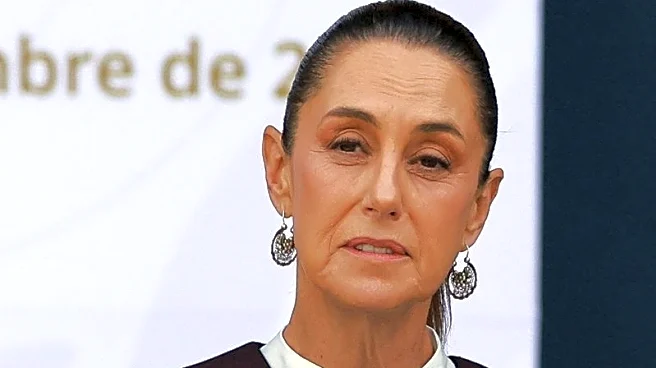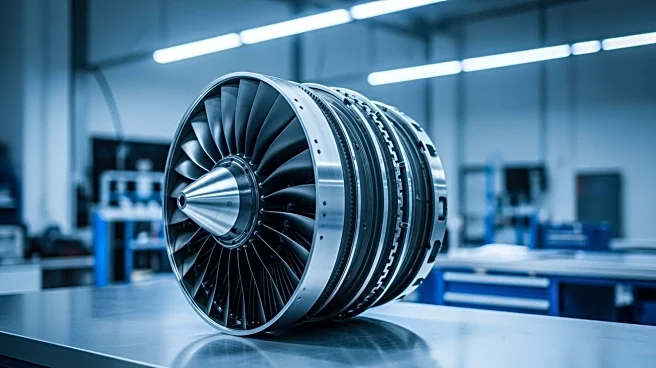By Diego Oré and Emily Green
MEXICO CITY (Reuters) -Mexico's Congress will hold off approving proposed tariff hikes on nearly 1,500 products from China and other Asian countries while Mexico holds talks
with those countries and considers changes to the proposal, President Claudia Sheinbaum said on Thursday.
Sheinbaum sent the proposal - which seeks to increase tariffs by up to 50% on cars, textiles, clothing, plastics, steel, and other products - in early September to the lower house of Congress, where her Morena Party holds a large majority. Many analysts saw the move as an attempt to placate U.S. President Donald Trump.
But since then, China – Mexico’s second-biggest trading partner after the U.S. – has criticized the proposal, saying it would undermine investor confidence. China warned Mexico it would take "necessary measures" to safeguard its "legitimate rights and interests."
PROPOSAL UNDER REVIEW
On Thursday, Sheinbaum said her government was analyzing potential changes to the tariff hikes.
"We are holding these meetings with different countries to see if we can adapt what we are presenting to Congress for approval this year," she said during her daily press conference.
Her comments came a day after Ricardo Monreal, leader of Morena in the Chamber of Deputies, told reporters that Congress would "pause" the proposal for now and pick it up again at the end of November.
“We are reviewing the proposal very seriously,” he said.
Morena legislators, who spoke on condition of anonymity, told Reuters the tariffs would not be approved by Congress in their current form and that the plan would likely have to be softened. It was unclear what changes there might be.
Any adjustments could create holes in the government’s 2026 budget, as Mexico’s Finance Ministry projected the proposed tariffs would generate $3.76 billion.
The proposed tariffs would affect imports from countries Mexico does not have trade agreements with, including China, South Korea, India, Indonesia, Russia, Thailand, and Turkey.
VEHICLE, AUTO PARTS TARIFFS COULD JUMP
As currently drafted, tariffs on light vehicles would rise to 50% from 15%-20%, and on auto parts to 10%-50% from the current zero-35%.
Some analysts estimate the increased tariff on cars would primarily affect electric vehicles manufactured in China and sold in Mexico, hitting BYD and Tesla the hardest.
The Sheinbaum administration argues the tariff increases are a means of protecting Mexico’s domestic production, although they also come amid pressure from the U.S. for Mexico to curtail business with China.
One Morena politician who spoke on condition of anonymity said approval of the tariffs has been delayed amid concern that they could boost consumer prices and harm Mexican businesses.
The person said that long-term, they believe Mexico is moving toward a plan for the U.S., Canada, and Mexico to impose matching tariffs on China.
(Reporting by Diego Oré and Emily Green; Additional reporting by Ana Isabel MartínezEditing by Rod Nickel)










